‘My head is spinning right now’: CEOs are reeling over the tariff chaos of the last few days
Also: No help for Apple, OpenAI countersues Elon Musk.

- In today’s CEO Daily: Most of the tariffs may be gone but CEOs tell Diane Brady they don’t appreciate the chaos and disruption they caused.
- The big story: The bond market forces Trump to capitulate.
- The markets: Relief rally!
- Analyst notes from Wells Fargo, UBS, Goldman Sachs, and Wedbush on the tariff fiasco and Bank of America on digital media adspend.
- Plus: All the news and watercooler chat from Fortune.
Good morning. I was chatting (about tariffs, of course) with the CEO of a major multinational company on Wednesday when the news broke that President Trump had decided to halt reciprocal tariffs on America’s trading partners for 90 days (resetting back to a universal 10% on non-retaliating countries), while raising tariffs on China to 125%. This CEO has staff on the ground in China. His reaction: “My head is spinning right now.”
The same could be said for investors, who raced back into the stock market, having stomped out earlier in the week. Companies big and small are feeling the impact of Trump’s policies, with leaders trying to set long-term strategies in an environment that’s anything but predictable.
The consensus among most business leaders is that escalating tariffs are bad for everyone. Delta Air Lines CEO Ed Bastian criticized tariffs as the “wrong approach,” noting that that his bookings are in decline. Customers act “as if we’re going into a recession,” he said. Indeed, JPMorgan Chase CEO Jamie Dimon warned this week that the U.S. will have a recession if the Administration doesn’t swiftly get those trade deals done. And Walmart CEO Doug McMillon has tried to calm fears about rising costs for the world’s largest retailer by saying they had a plan. “There will be a Christmas, and people will celebrate Christmas, and they will buy items, and we will sell them those items,” he told attendees at the company’s Investor Day yesterday.
It’s not clear what the deciding factor was that motivated the president to reverse course. Some say that bond yields were a bigger factor than falling stock prices. Groups like the Business Roundtable and U.S. Chamber of Commerce have exerted pressure, as have many prominent donors and political allies. The threat of yet more policy changes isn’t going away, and nobody is talking about tariff threats as mere rhetoric or a negotiating tactic now.
What’s clear is that the business environment has fundamentally shifted in the last three months in ways that could have a long-term impact. Veteran biotech executive Doug Williams told me Wednesday that cuts to the FDA and research funding have “completely disrupted the ecosystem that led to US dominance in biotech. At a time when the industry was struggling, this will gift biotech dominance to China because they have discipline, they plan long term, and they’ve learned from the U.S.”
I’d love to hear from you about how you think the trade war and other policies are likely to play out. How is this impacting your business? And what are you doing to protect yourself? Just email me at the address below and let me know if you’re comfortable being quoted or would like your name withheld.
More news below.
Contact CEO Daily via Diane Brady at diane.brady@fortune.com
This story was originally featured on Fortune.com
































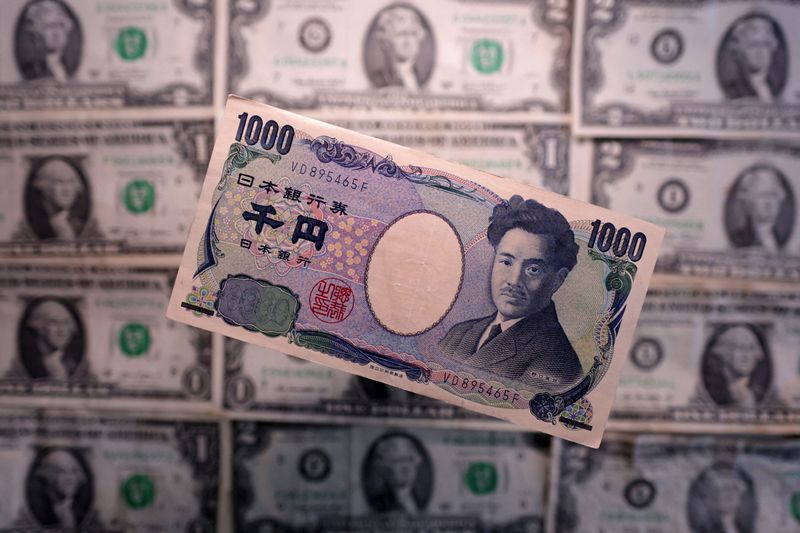






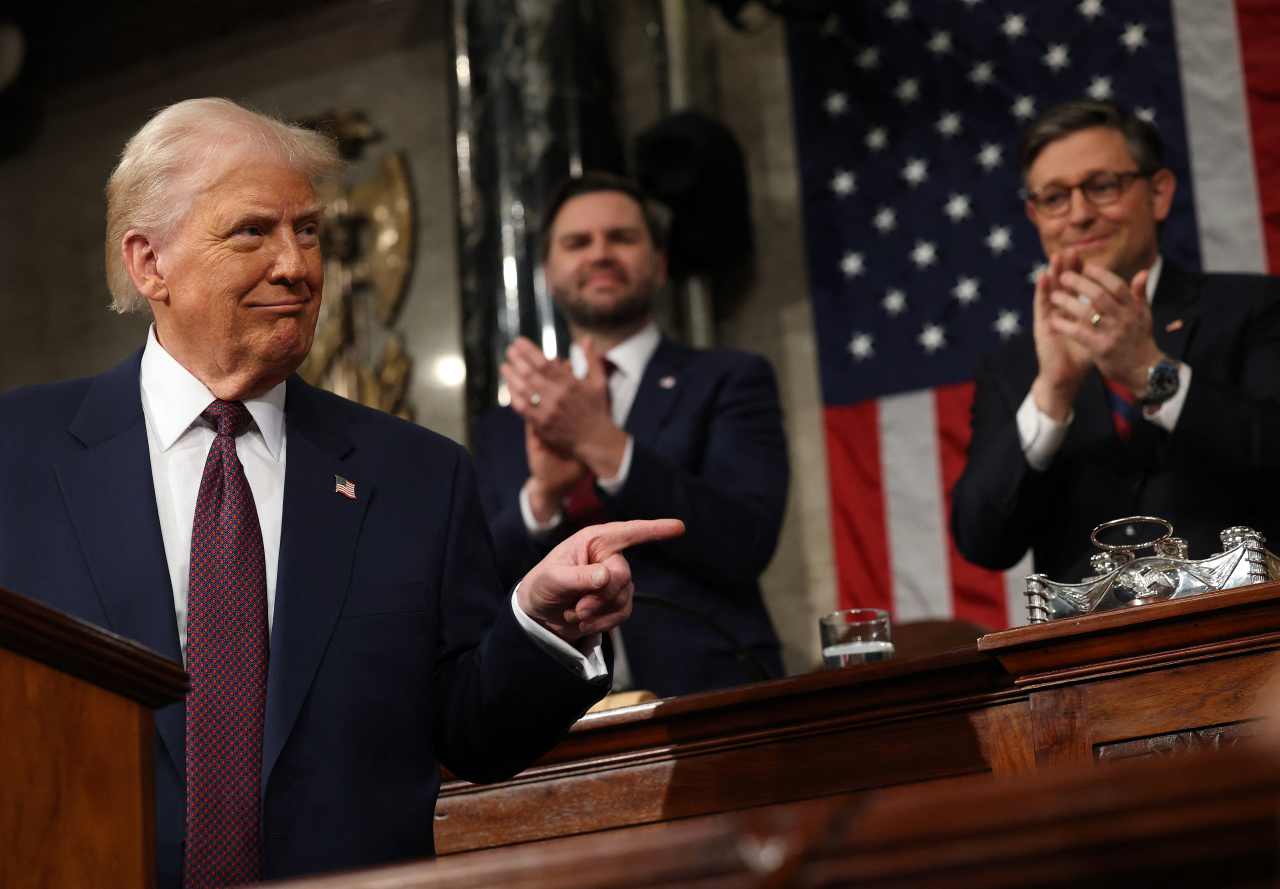

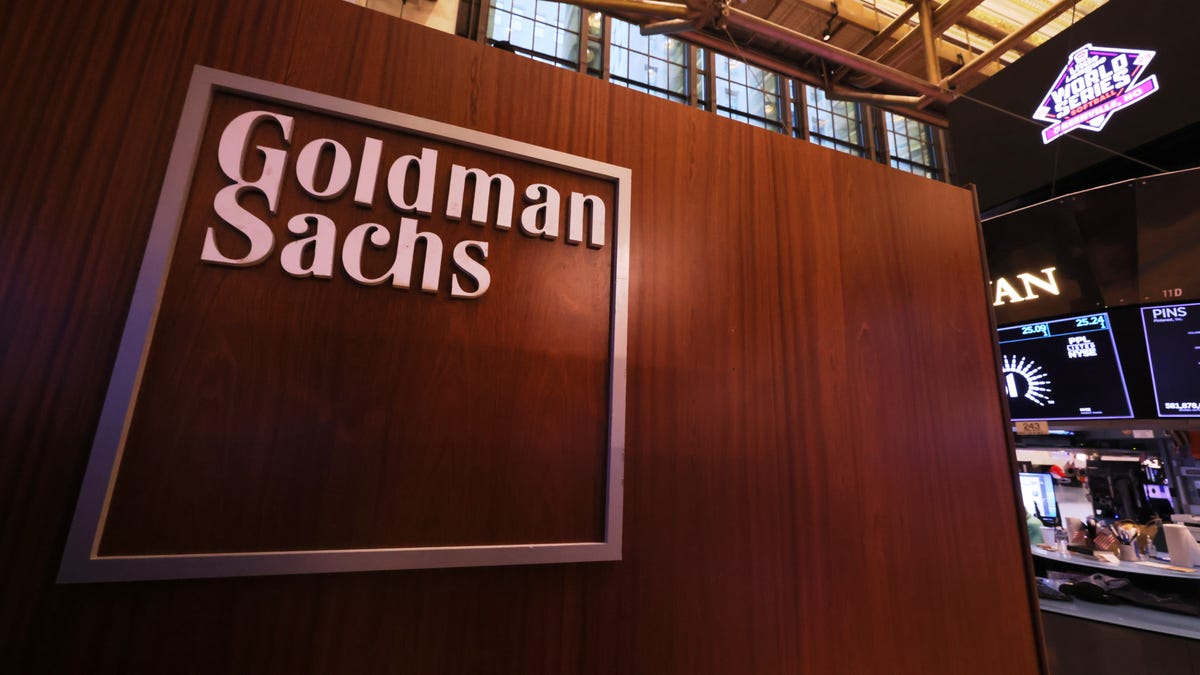
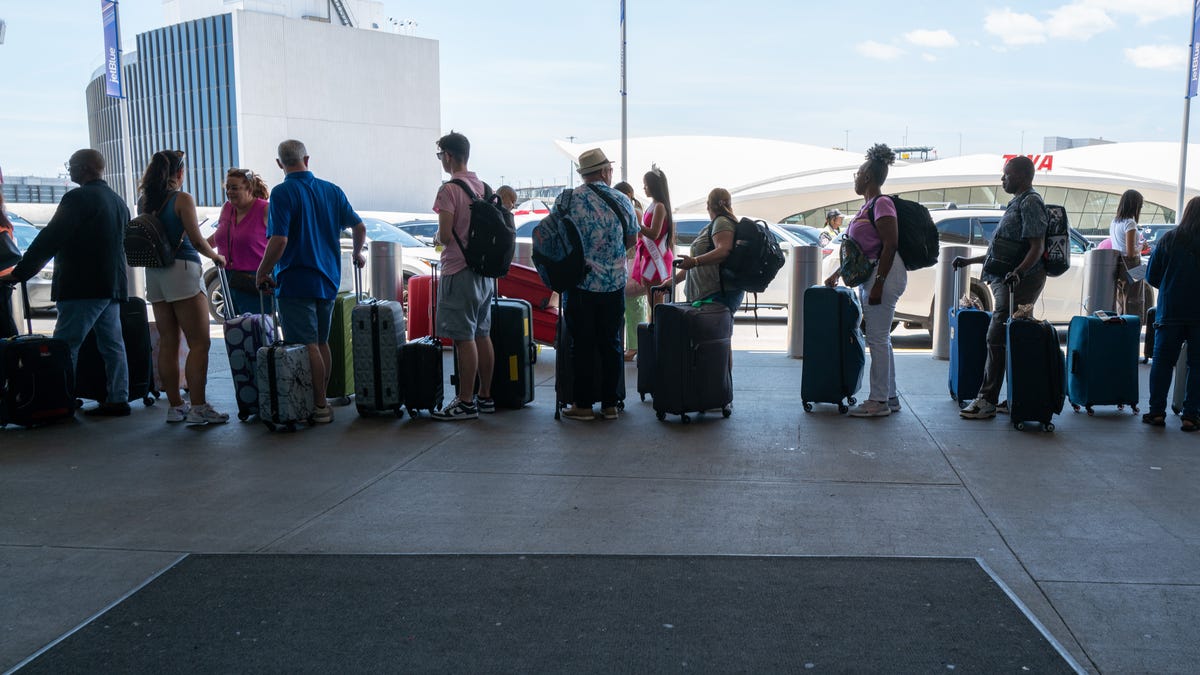

































































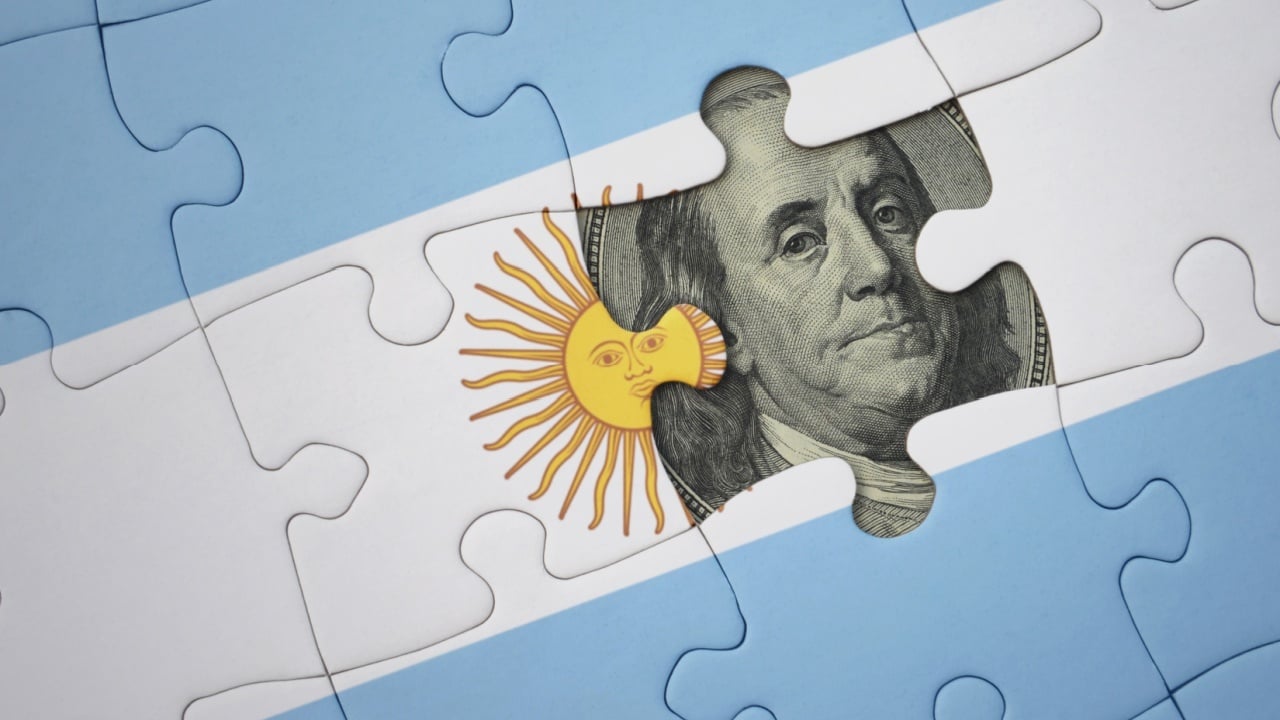


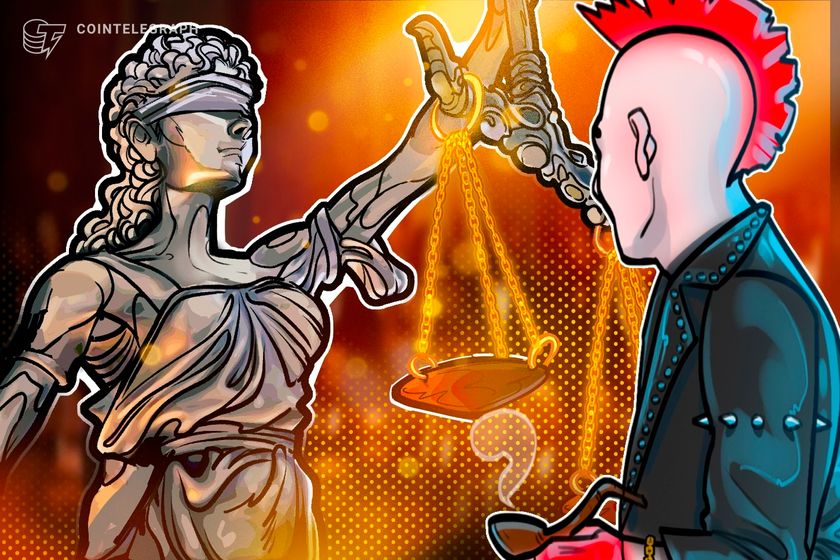








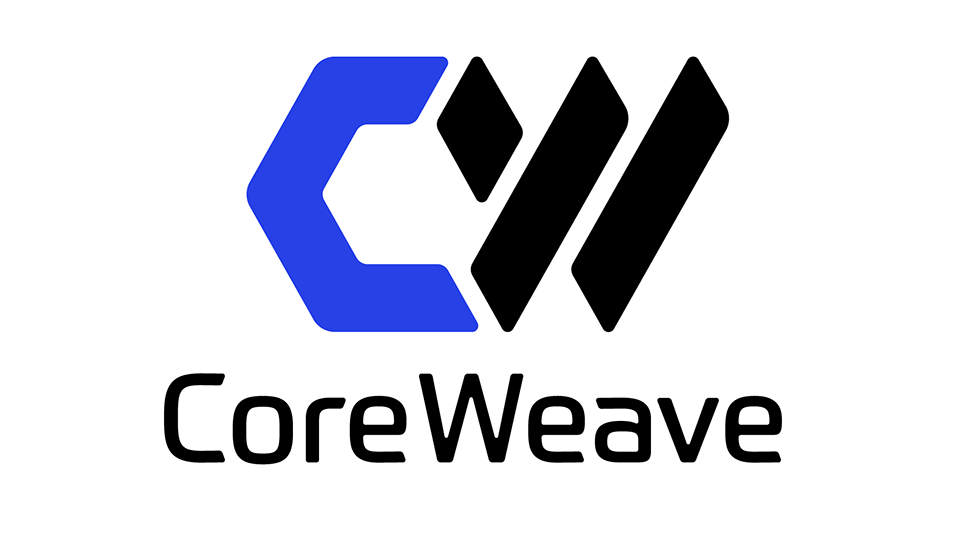




















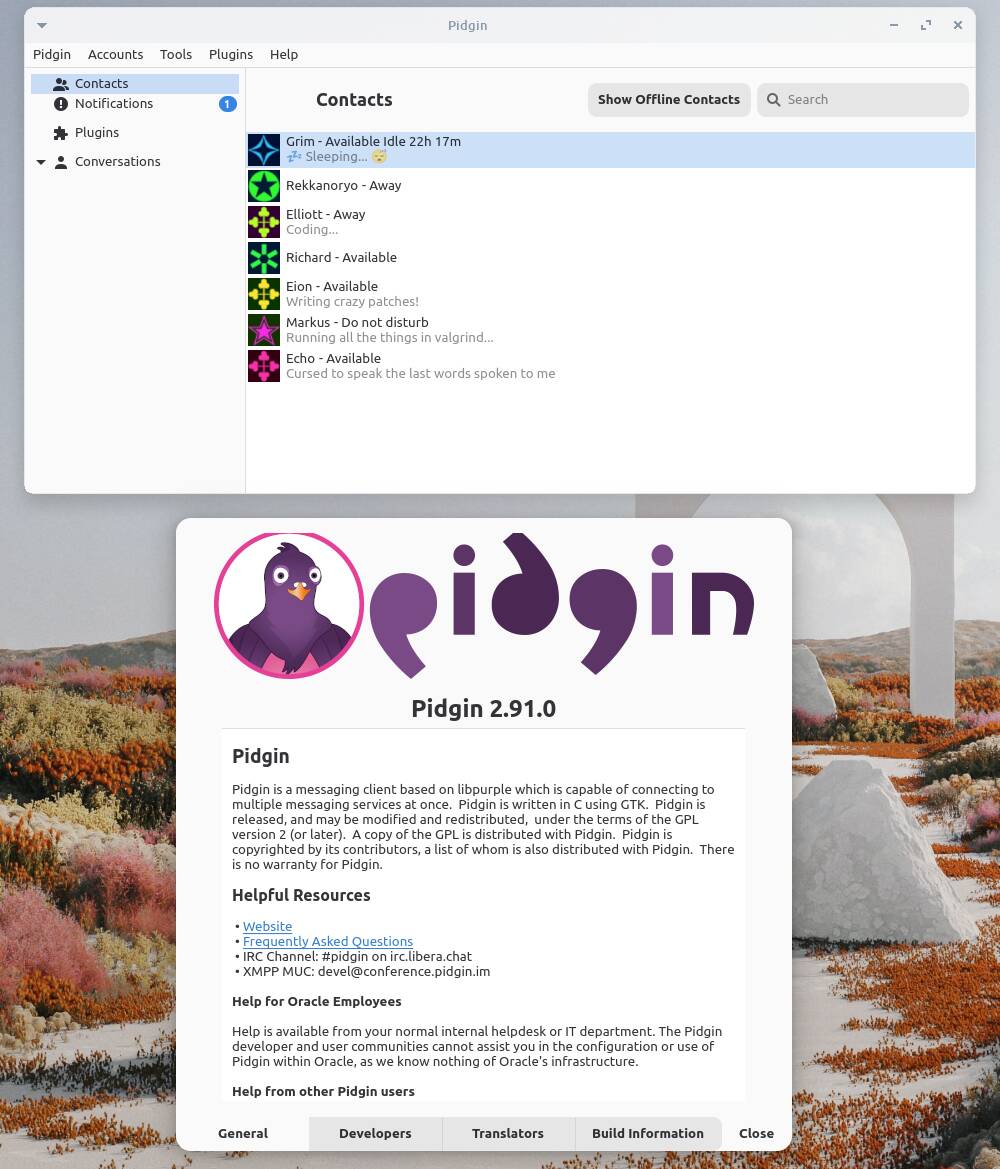










































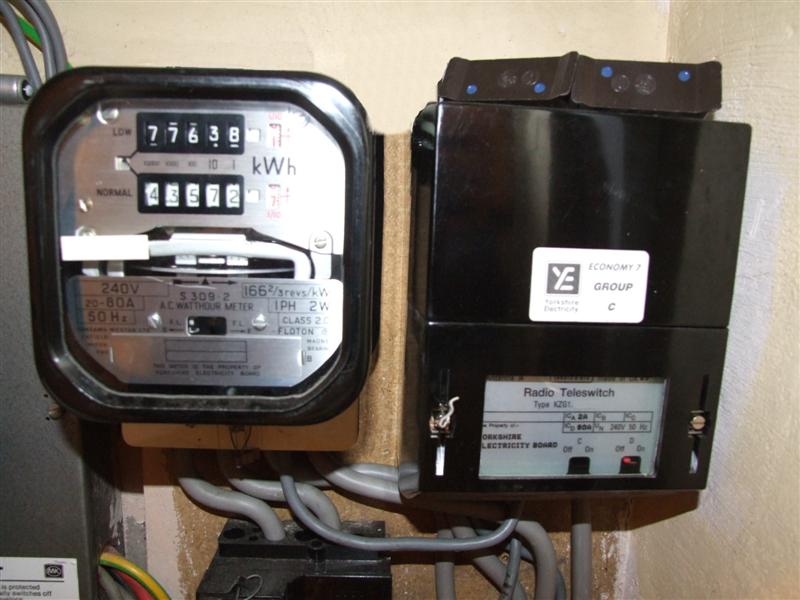



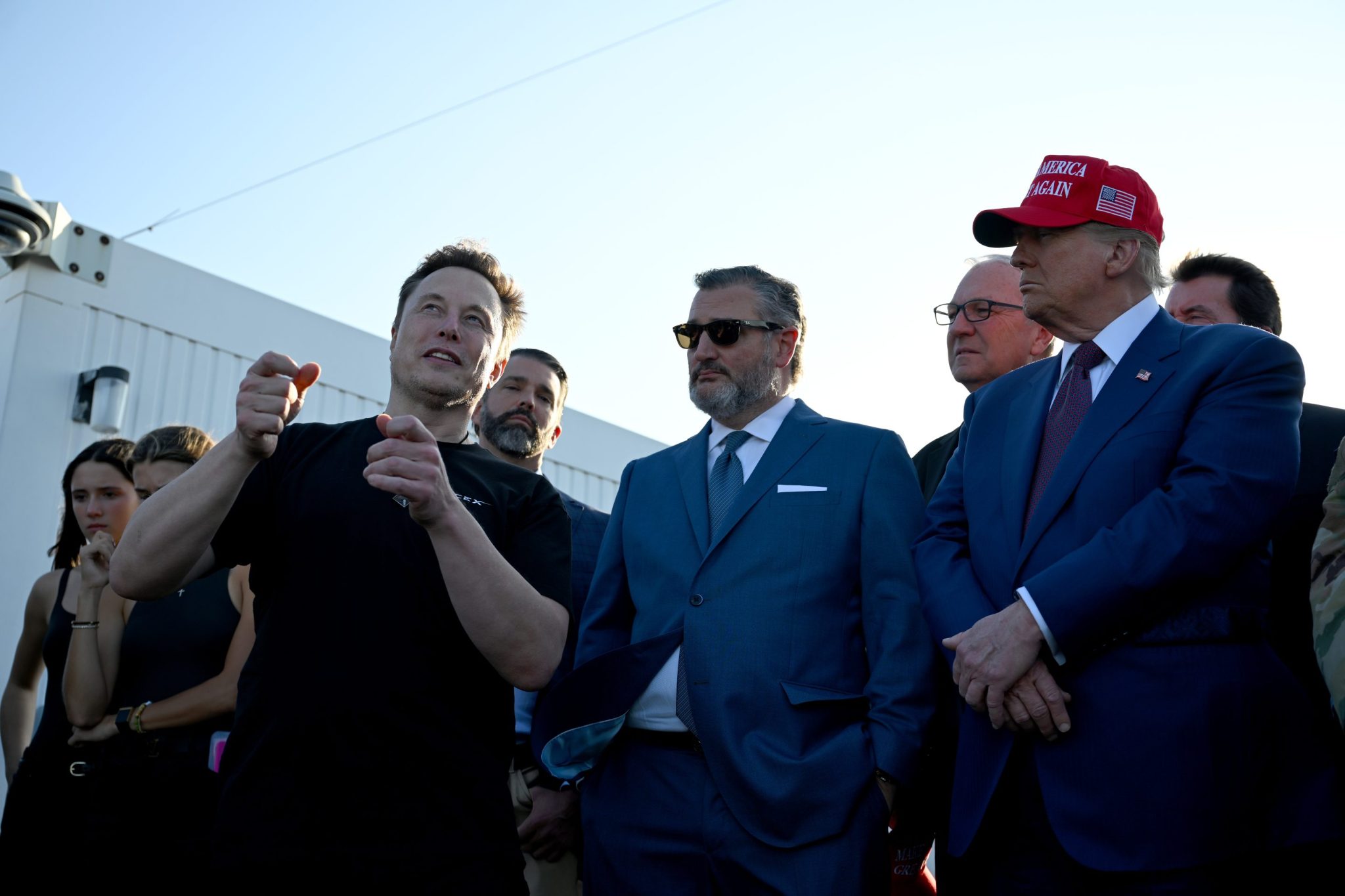
![How to Find Low-Competition Keywords with Semrush [Super Easy]](https://static.semrush.com/blog/uploads/media/73/62/7362f16fb9e460b6d58ccc09b4a048b6/how-to-find-low-competition-keywords-sm.png)


